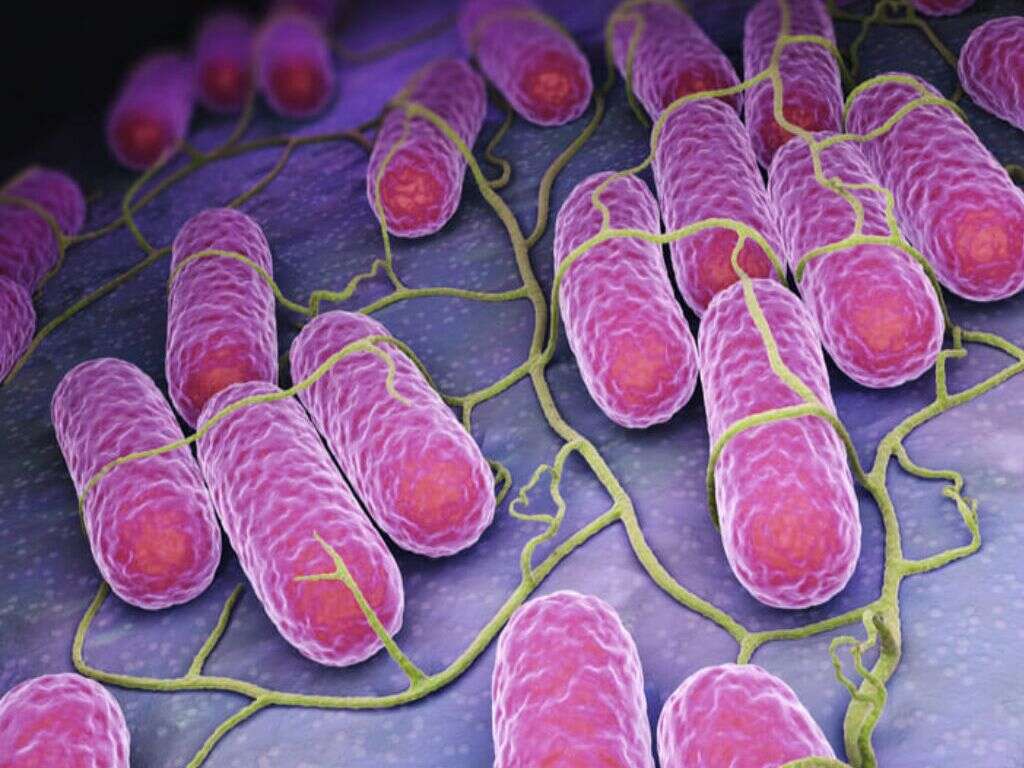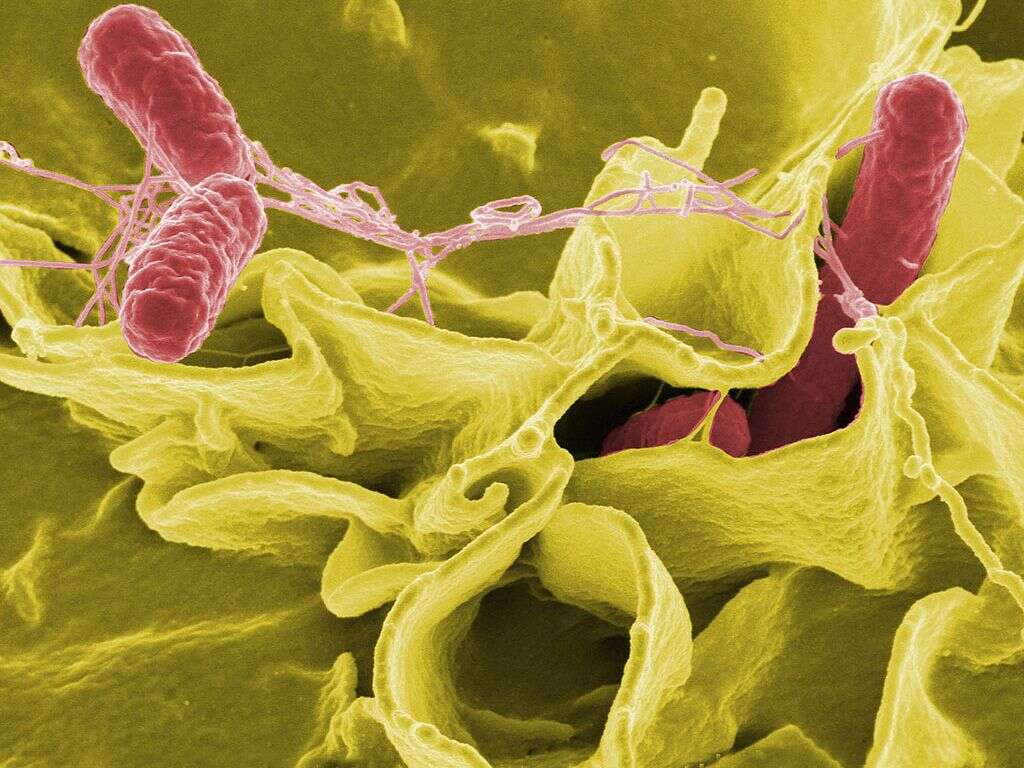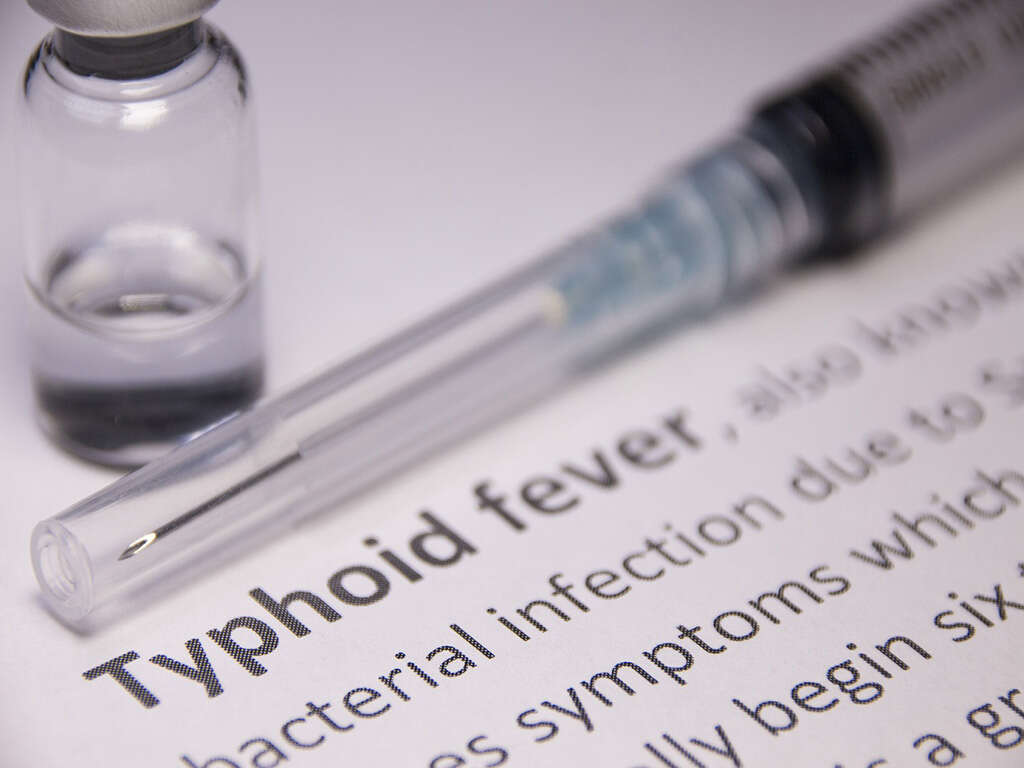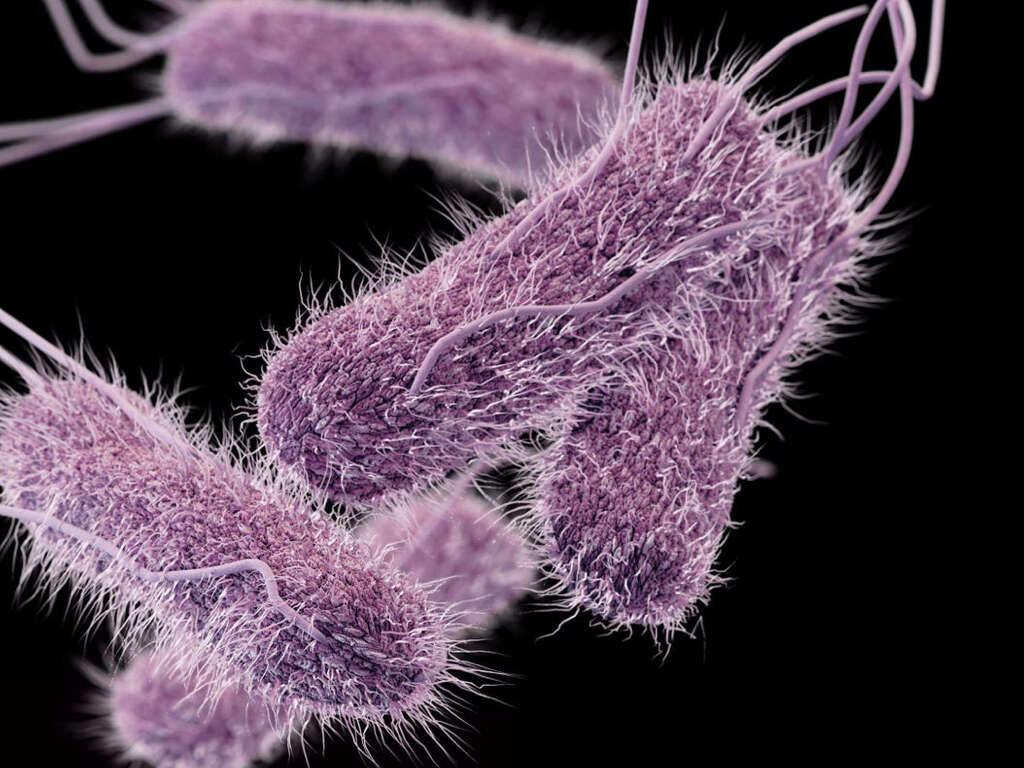10 Typhoid Symptoms
 Article Sources
Article Sources
- 1. 'Symptoms and Treatment.' Centers for Disease Control and Prevention, 13 Nov. 2019, www.cdc.gov/typhoid-fever/symptoms.html
- 2. 'Typhoid Fever with Acute Abdominal Pain Masquerading As Surgical Emergency, Mehndiratta S - Int J Adv Med Health Res.' International Journal of Advanced Medical and Health Research, 1 Jan. 2016, www.ijamhrjournal.org/article.asp?issn=2349-4220;year=2016;volume=3;issue=1;spage=31;epage=33;aulast=Mehndiratta
- 3. Roy, SK, et al. 'Diarrhea Associated With Typhoid Fever.' Pubmed.gov, pubmed.ncbi.nlm.nih.gov/3998508/
- 4. Saha, Amitabh. 'Chronic fatigue syndrome following typhoid infection: neurasthenia.' Medcraveonline.com, medcraveonline.com/JNSK/JNSK-09-00337.pdf
- 5. Verghese, A. 'The typhoid State Revisited.' PubMed, pubmed.ncbi.nlm.nih.gov/3898837/#
- 6. 'Pediatric Dehydration - StatPearls - NCBI Bookshelf.' National Center for Biotechnology Information, 8 Aug. 2020, www.ncbi.nlm.nih.gov/books/NBK436022/
- 7. Bhandari, Jenish, et al. 'Typhoid Fever - StatPearls - NCBI Bookshelf.' National Center for Biotechnology Information, 23 Nov. 2020, www.ncbi.nlm.nih.gov/books/NBK557513/
- 8. 'Typhoid Fever - Complications.' Nhs.uk, 20 2018, www.nhs.uk/conditions/typhoid-fever/complications/
- 9. Nwadike, VU, et al. 'A RARE CASE OF SALMONELLA TYPHI MENINGITIS IN AN ELEVEN MONTH OLD INFANT: A CASE REPORT.' PubMed Central (PMC), www.ncbi.nlm.nih.gov/pmc/articles/PMC4111043/#
Travelers from developed countries to developing countries may want to check if a typhoid vaccination is required. Variants of Salmonella enterica bacteria cause typhoid and paratyphoid. These are potentially life-threatening illnesses, and when symptoms start showing, it's important to seek medical intervention immediately. While the vaccine might help, it's not a guarantee that the traveler won't pick up typhoid fever.
The symptoms are mostly gastrointestinal with discomfort ranging from moderate to severe. It may take several rounds of medication before the bacteria leaves the body, including antibiotics and IV replenishment. The bacteria spread through food, water and contact with bacteria-infected surfaces.1‘Symptoms and Treatment.’ Centers for Disease Control and Prevention, 13 Nov. 2019, www.cdc.gov/typhoid-fever/symptoms.html

Stomach Cramps
Abdominal pain may take a few days to show up. By that time, the pain is widespread, and it is hard to pinpoint the location of the pain. Pain occurs when bacteria enter the gastrointestinal tract and cause obstructions or diarrhea.
Management includes medication, such as antibiotics, and the stomach pains usually stop within two to four days. Most times, the stomach pains are misdiagnosed as other gastrointestinal issues, such as appendicitis. It's only when ultrasounds and lab tests are performed that it becomes evident the patient has typhoid.2‘Typhoid Fever with Acute Abdominal Pain Masquerading As Surgical Emergency, Mehndiratta S - Int J Adv Med Health Res.’ International Journal of Advanced Medical and Health Research, 1 Jan. 2016, www.ijamhrjournal.org/article.asp?issn=2349-4220;year=2016;volume=3;issue=1;spage=31;epage=33;aulast=Mehndiratta

High Fever
Those with typhoid may start off with a mild fever, which progresses to high fever within days. The fever is a result of the body trying to fight off infection and may also indicate complications caused by typhoid.
Once the fever reaches around 104 degrees, it often persists until medical management takes place. Fever is one of the early signs of typhoid fever, and for those traveling abroad, it's an indication to seek medical help.1‘Symptoms and Treatment.’ Centers for Disease Control and Prevention, 13 Nov. 2019, www.cdc.gov/typhoid-fever/symptoms.html

Diarrhea
Diarrhea and fever are two of the most common typhoid symptoms. It's important to seek medical help early on, as diarrhea can lead to loss of fluids, nutrients and electrolytes. Once a medication management course is started, diarrhea stops after a few days.3Roy, SK, et al. ‘Diarrhea Associated With Typhoid Fever.’ Pubmed.gov, pubmed.ncbi.nlm.nih.gov/3998508/
During this time, it's important to keep up the fluid intake and replenishing nutrients. Those with severe cases of typhoid may need IV support and hospitalization.

Weakness and Fatigue
When the body is fighting an infection, it can leave you feeling weak and exhausted. Being dehydrated and dealing with diarrhea may also contribute to experiencing weakness.
Patients who have been through medication treatments for typhoid fever may continue to struggle with fatigue. If the fatigue becomes chronic, it needs proper investigation and treatment. Management includes a healthy lifestyle that limits the number of stimulants, such as caffeine, and medications.4Saha, Amitabh. ‘Chronic fatigue syndrome following typhoid infection: neurasthenia.’ Medcraveonline.com, medcraveonline.com/JNSK/JNSK-09-00337.pdf

Delirium and Typhoid State
Typhoid state happens when the patient is delirious, and it occurs when the patient takes too long to seek medical attention. It's a sign of late, untreated illness. Constant muttering and seemingly out of touch with their surroundings are common signs of delirium.5Verghese, A. ‘The typhoid State Revisited.’ PubMed, pubmed.ncbi.nlm.nih.gov/3898837/#
The condition generally improves once the patient manages the infection, usually with a course of antibiotics. Support may also include IV fluids with electrolytes. The delirious state typically improves after the proper treatment is started.

Loss of Appetite and Weight Loss
Gastrointestinal discomfort can affect appetite, especially when nausea and diarrhea are some of the other symptoms. Those who are in hospital may have to rely on intravenous feeding to keep their nutrient levels up.
The combination of loss of appetite and diarrhea can lead to weight loss. Children need immediate medical attention as the loss of fluids and inability to replenish can be dangerous. Dehydration can lead to serious complications and even death, especially in children.6‘Pediatric Dehydration - StatPearls - NCBI Bookshelf.’ National Center for Biotechnology Information, 8 Aug. 2020, www.ncbi.nlm.nih.gov/books/NBK436022/

Rash
Rash appears in some patients that present with typhoid fever. The rose-colored spots suggest that the patient has a salmonella-based infection and are sometimes referred to as salmonella spots. However, lab tests confirm the diagnosis.
Sometimes, the rash just appears as spots, and in severe cases, may present as skin lesions. The rash goes away after a course of medication management. Patients are encouraged to follow health protocols, as they may be chronic typhoid carriers, even when the rash clears.7Bhandari, Jenish, et al. ‘Typhoid Fever - StatPearls - NCBI Bookshelf.’ National Center for Biotechnology Information, 23 Nov. 2020, www.ncbi.nlm.nih.gov/books/NBK557513/

Constipation
Gastrointestinal discomfort is a common symptom of typhoid fever. However, constipation is not and may leave medical professionals confused as to the diagnosis. The severity of the pain can cause doctors to test for other abdominal issues.2‘Typhoid Fever with Acute Abdominal Pain Masquerading As Surgical Emergency, Mehndiratta S - Int J Adv Med Health Res.’ International Journal of Advanced Medical and Health Research, 1 Jan. 2016, www.ijamhrjournal.org/article.asp?issn=2349-4220;year=2016;volume=3;issue=1;spage=31;epage=33;aulast=Mehndiratta
Blood or stool samples are needed to confirm the typhoid diagnosis. The test looks for the bacteria associated with the disease. Early detection is important to ensure the bowels clear out and to avoid further complications. Diarrhea can also be associated with typhoid.

Abdominal Swelling
Abdominal swelling can become severe in typhoid cases. The infection affects the gastrointestinal tract, and the spleen may become enlarged. Abdominal distension becomes more severe as the disease progresses.
Infections of this nature may also cause perforations of the organs that can lead to further infections and bacterial buildup, which requires treatment in the hospital. Untreated typhoid fever may also lead to intestinal bleeding. Organ perforation and bleeding are the most common complications of untreated typhoid.8‘Typhoid Fever - Complications.’ Nhs.uk, 20 2018, www.nhs.uk/conditions/typhoid-fever/complications/

Headache
The rapid loss of fluids and increased body temperature due to fever could lead to a headache. Those with a headache and fever who live or travel to an area where typhoid is common need to get tested to rule out this condition or start treatment immediately.
Sometimes, typhoid could lead to meningitis, as the salmonella bacteria makes its way to the brain, which can trigger headaches. Snce the 1900s, only nine cases of purulent meningitis have been recorded in adults.9Nwadike, VU, et al. ‘A RARE CASE OF SALMONELLA TYPHI MENINGITIS IN AN ELEVEN MONTH OLD INFANT: A CASE REPORT.’ PubMed Central (PMC), www.ncbi.nlm.nih.gov/pmc/articles/PMC4111043/#











